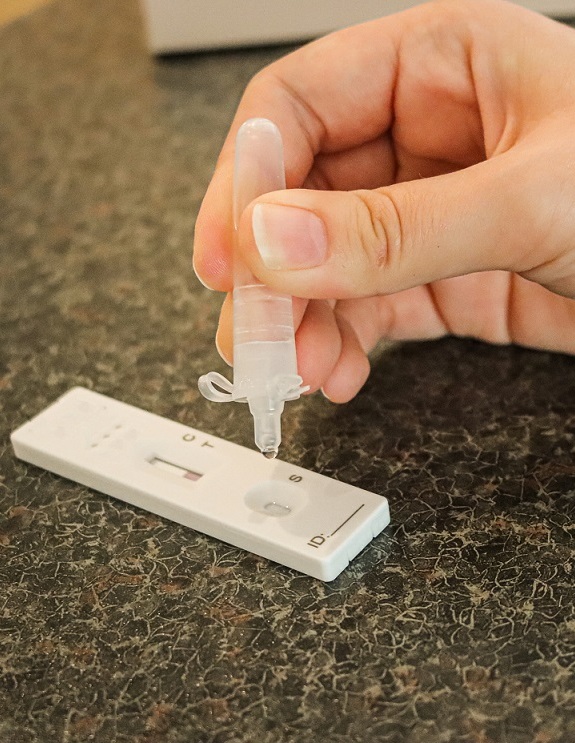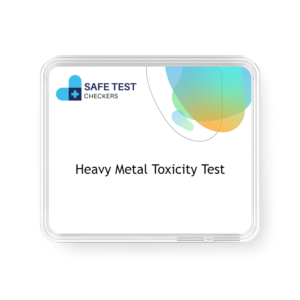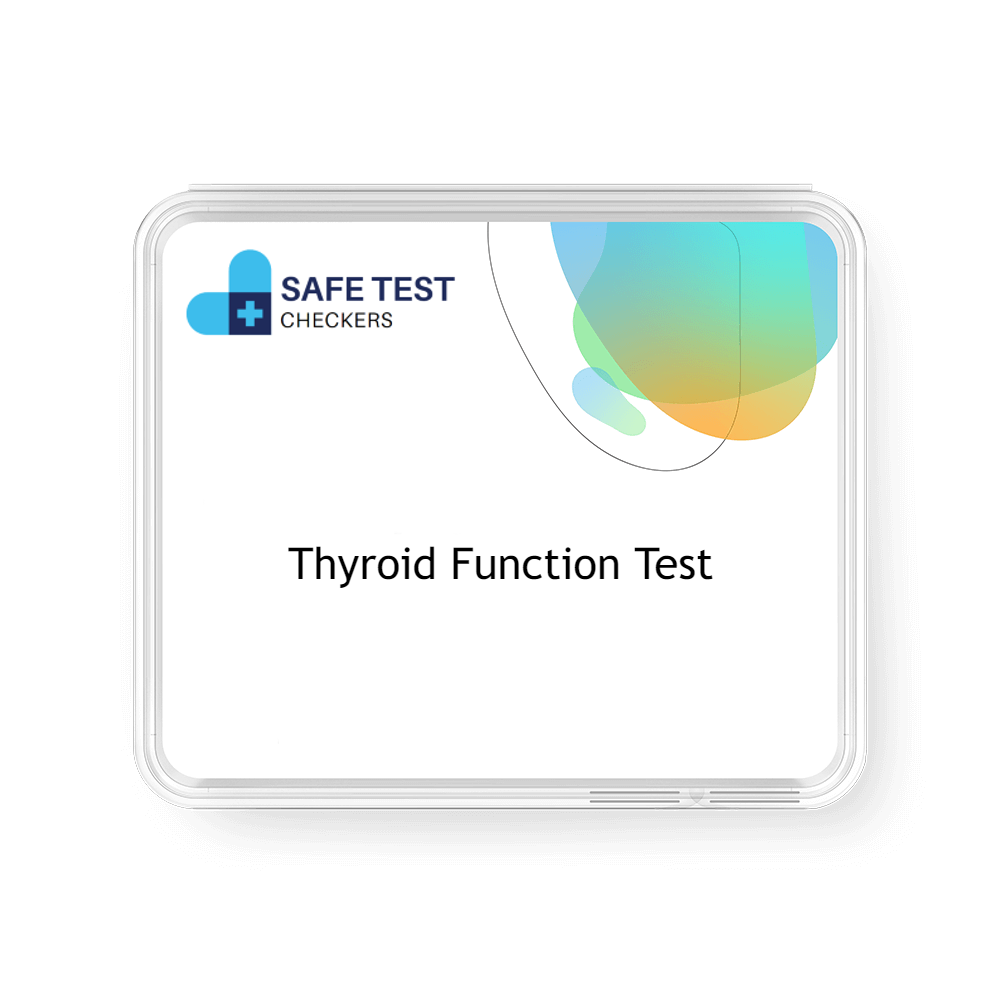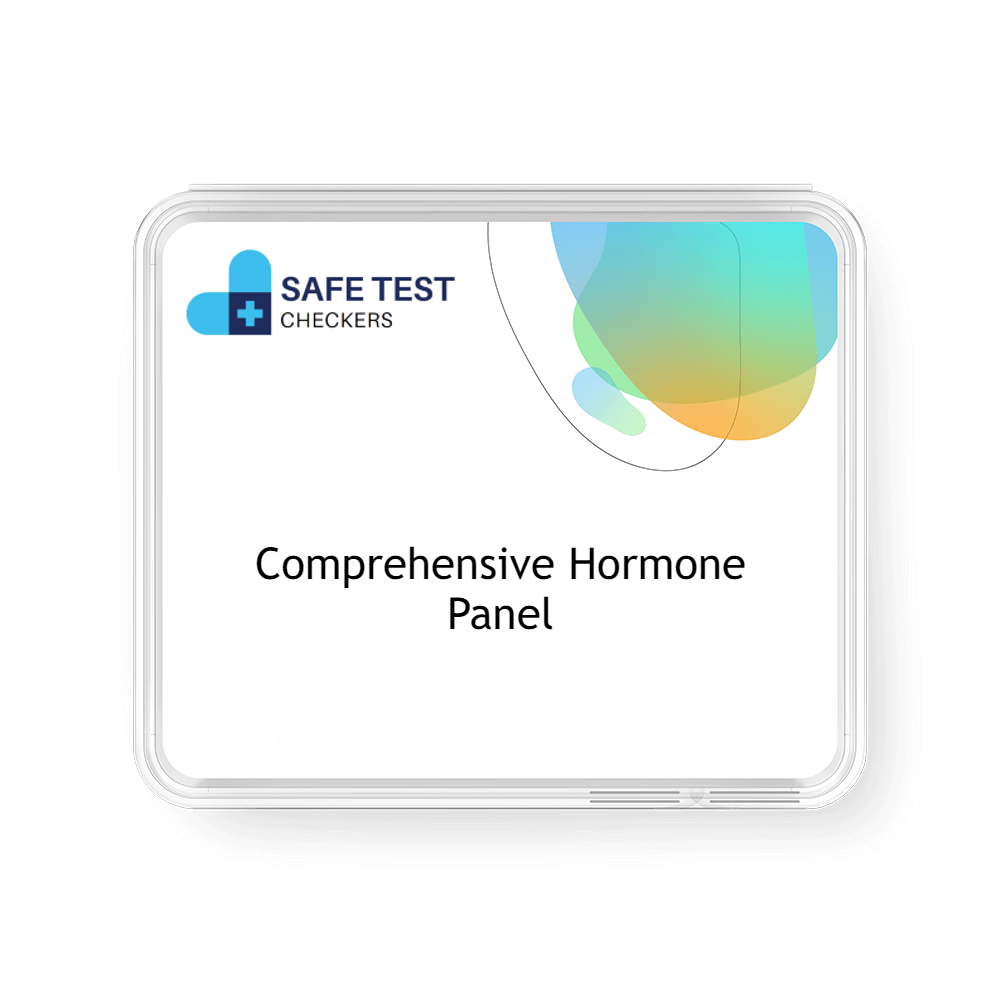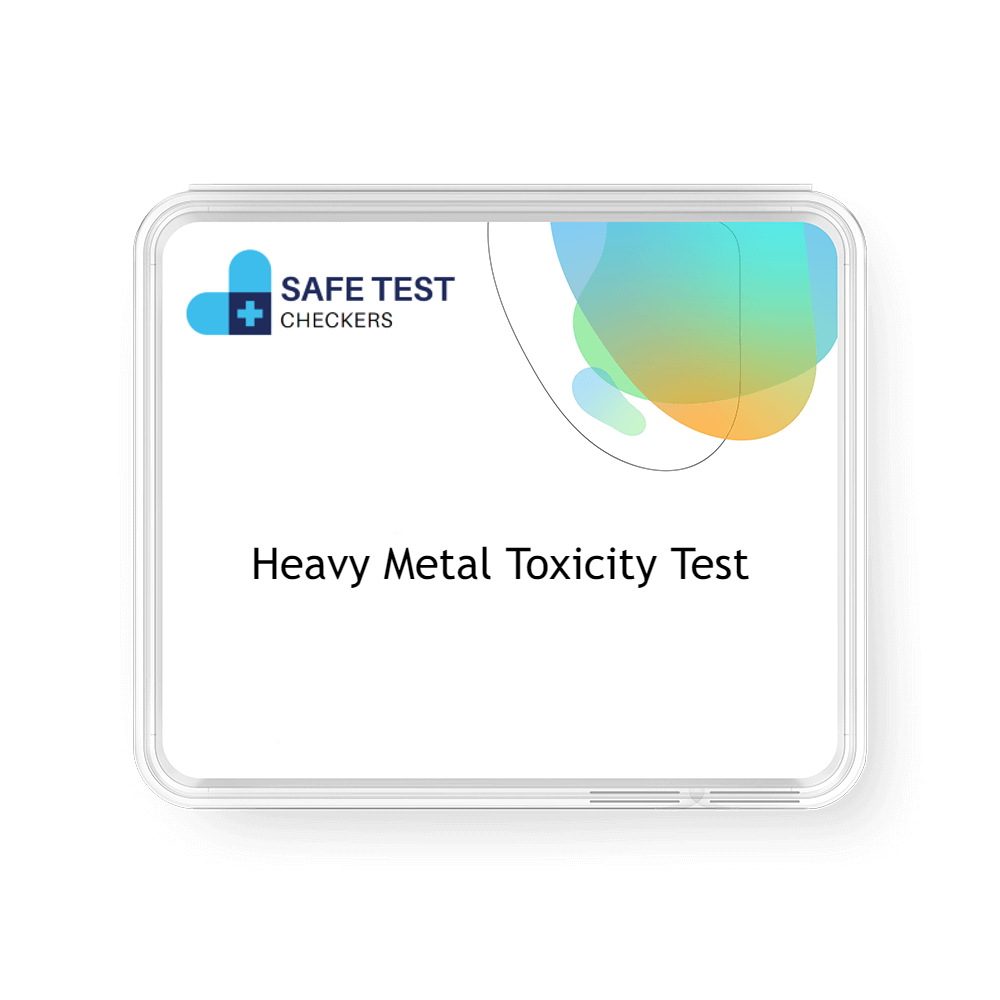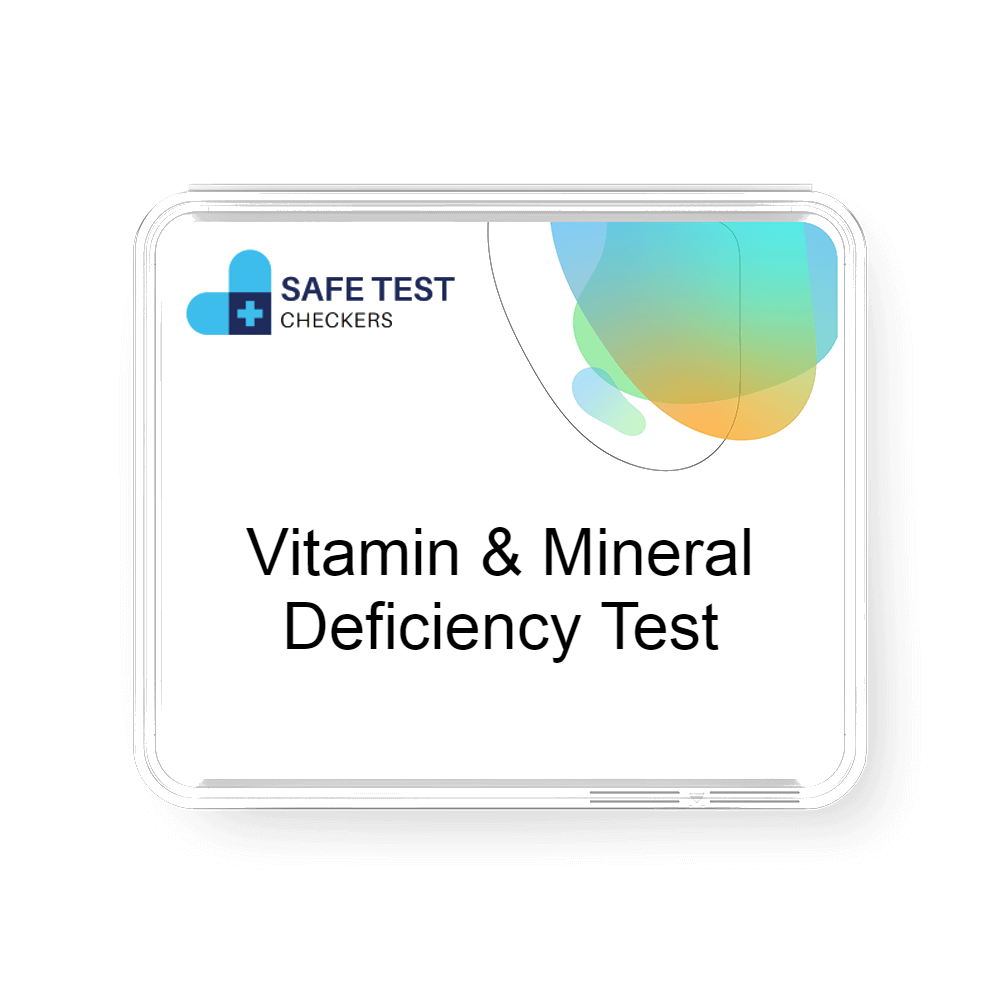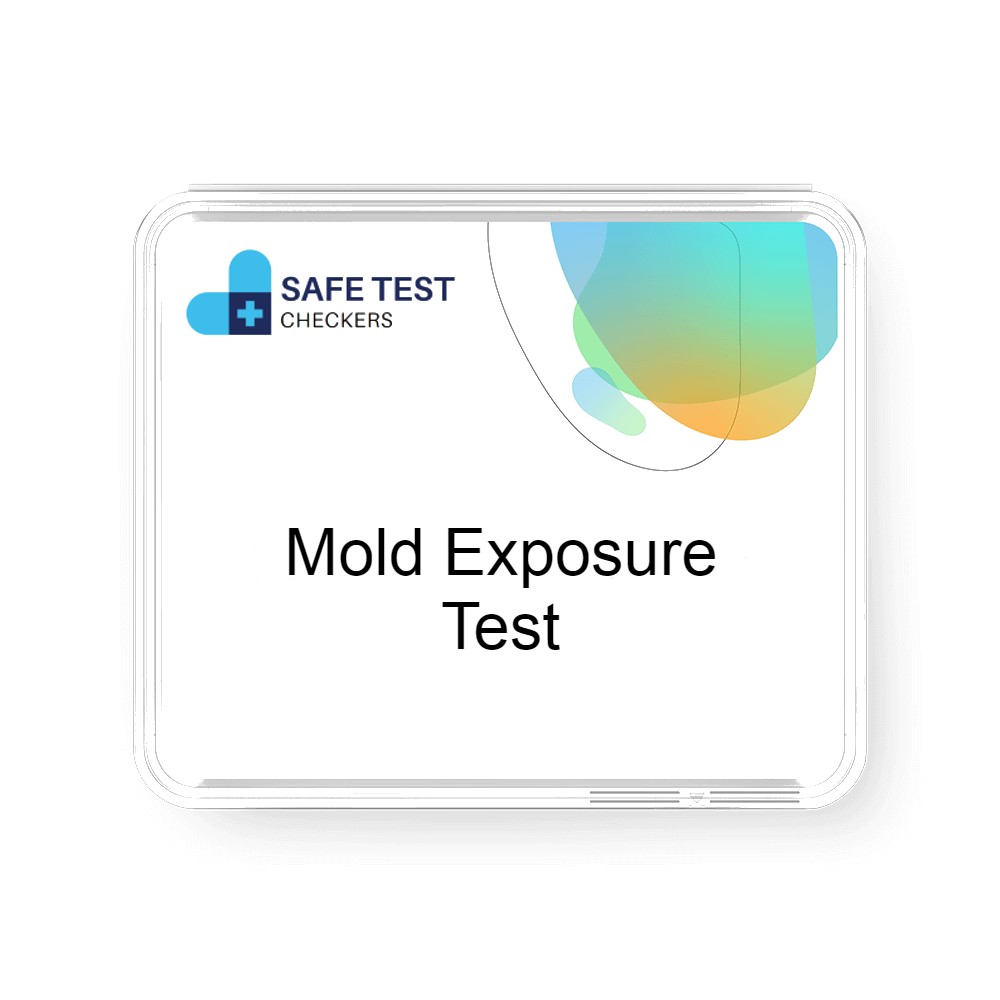Subtotal: $34.78

care of your health



What is Express tests?
Express tests are medical devices that allow you to quickly diagnose diseases or other conditions of the body at home. Express tests determine the presence or absence of certain substances in the biological material under study (blood, urine, saliva) within a period of a few seconds to a few minutes [4,5].
Manufacturers of modern express testing systems claim that the accuracy of the results reaches 92-99%. Nevertheless, express tests do not replace laboratory tests. They are an alternative in cases when there are alarming symptoms, but there is no opportunity to immediately consult a doctor. Also, rapid tests are convenient to use for self-monitoring in the process of prescribed treatment.
Advantages of express tests:
- Quick receipt of results.
- Availability. Tests can be bought at the nearest pharmacy.
- Simplicity. No special skills are required for testing. It is enough to carefully study the instructions.
How express tests work
Modern express tests are filtered paper strips, panels, test cassettes that contain chemical reagents. Tests can be qualitative, i.e., to determine the presence or absence of certain components in a biological substance, and semi-quantitative, which can approximately estimate the concentration of components.
The majority of express tests are based on the immunochromatographic assay method. This method is based on the interaction between an antibody and an antigen in biological material (blood, saliva, urine). The fluid under study moves along the test strip and comes into contact with its antibodies. If there is a specific antigen in the fluid (e.g. hormone, infection marker), it binds to the antibody, causing the test area to stain. The free antibody moves on, interacts with secondary antibodies in the control zone, where a second colored band appears. The control zone is necessary to ensure that the test reagents are active.
